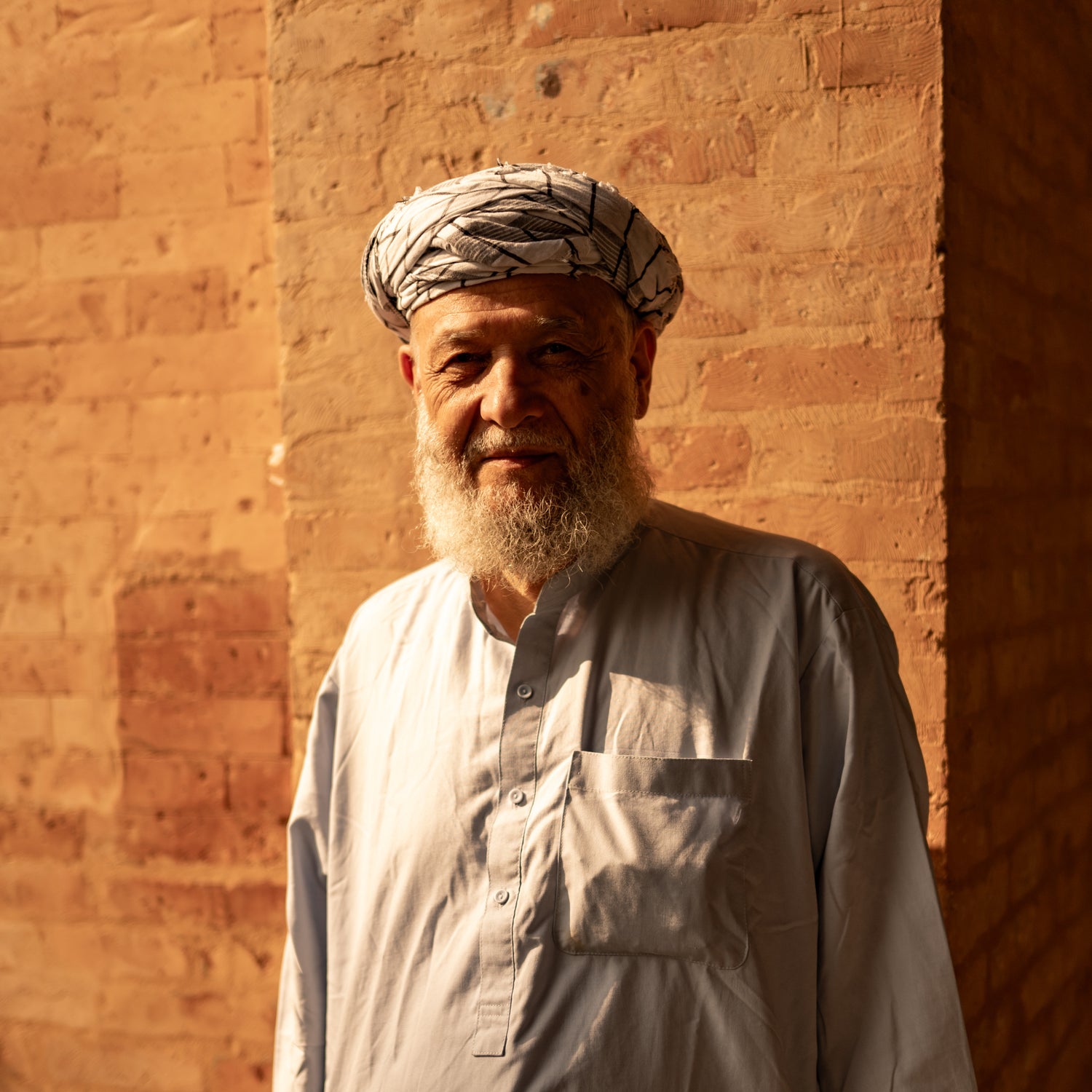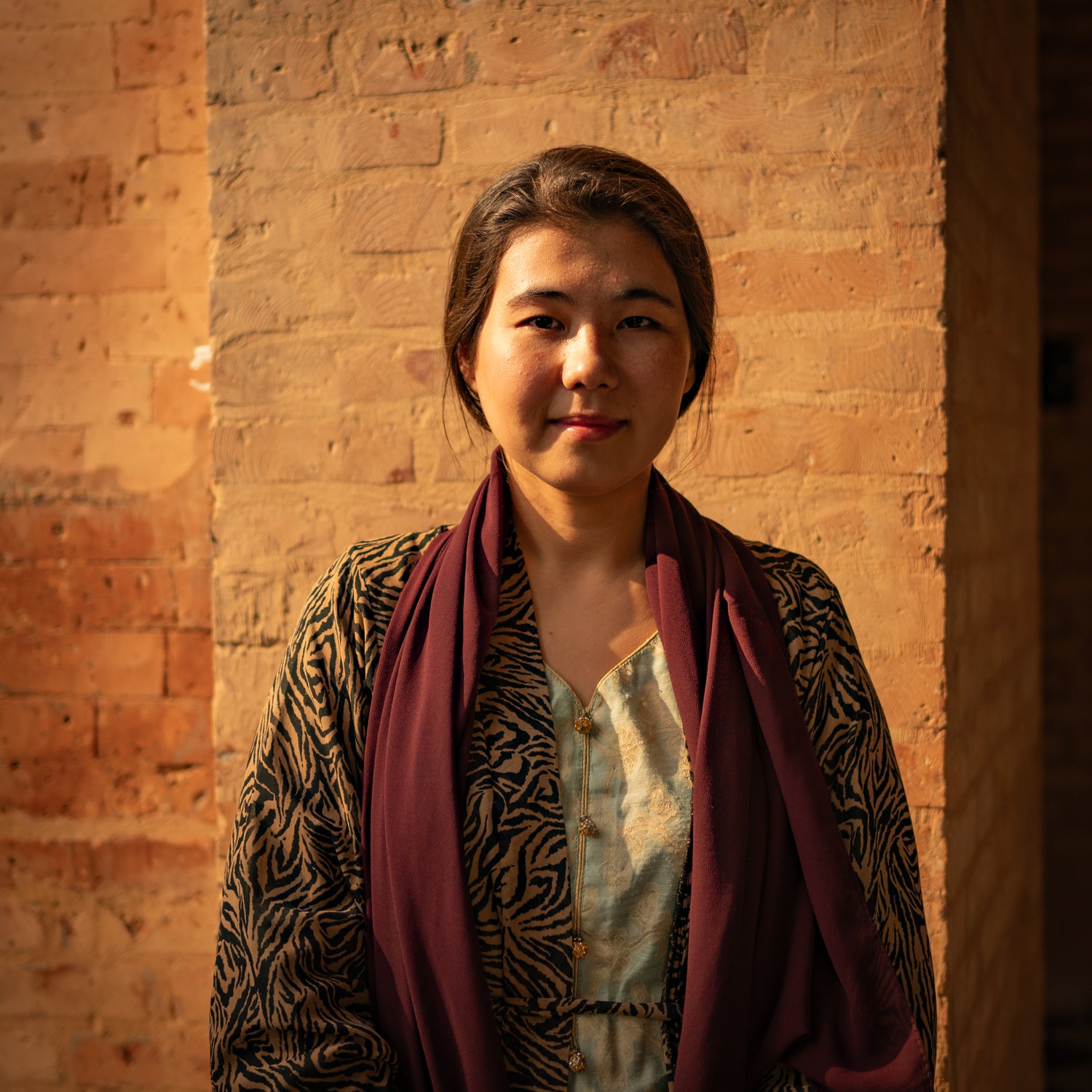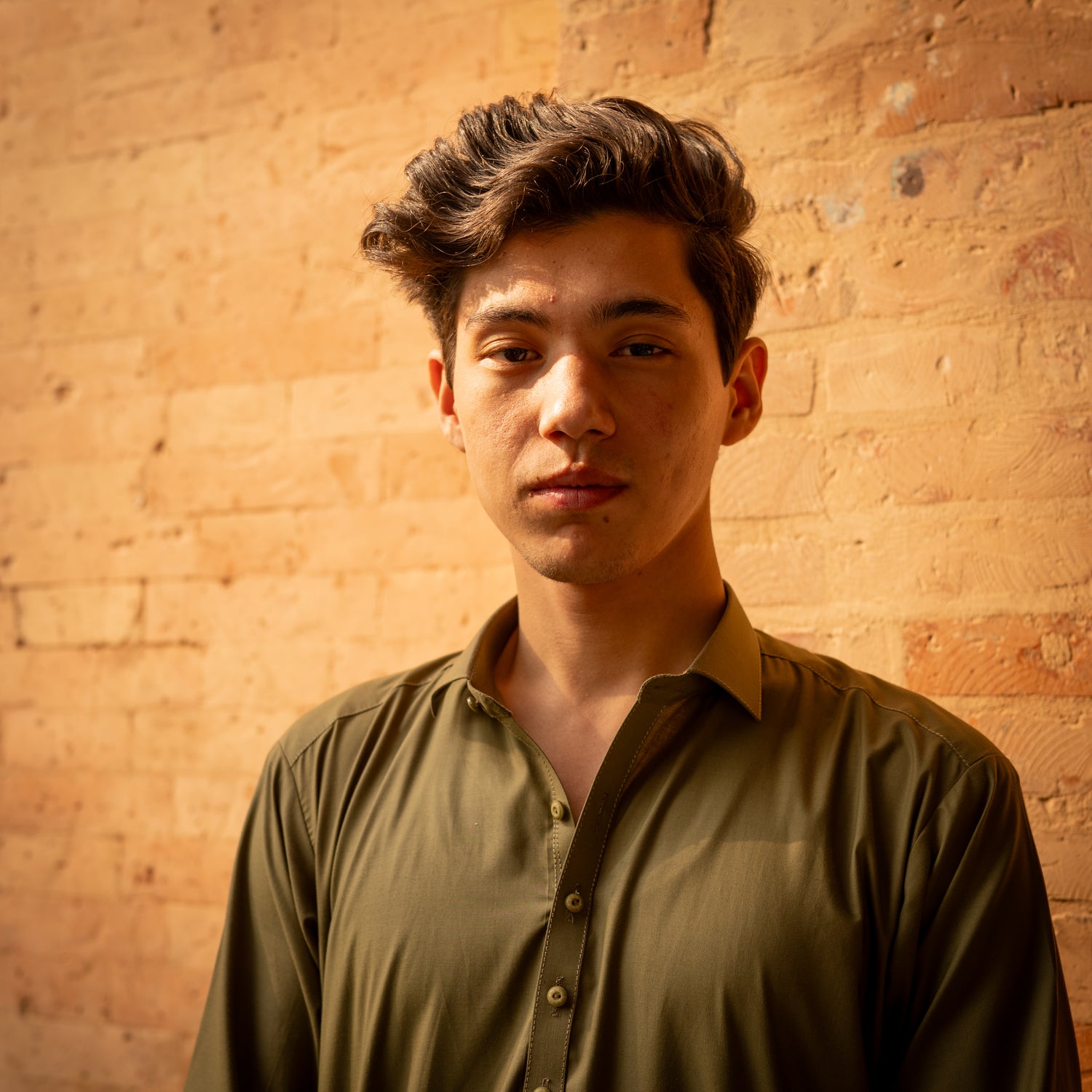Our Team

Tamil
The Patriarch of the Turkmen Weaving Project. Tamil helped start the project with Terry in the late 90's. He is the father of 7 daughters and 1 son who have all been integral in the production of our beautiful rugs.

Hameeda
Our manager of production. Hameeda was the first woman within our foundation, Yurts to Universities, to earn a degree (Computer Science). She's an amazing woman as she manages our team, and studies for her masters in A.I.

Ibrahim
Our jack -of-all-trades, Ibrahim has a hand in all aspects of our production, from dyeing wool to photography and quality control.
